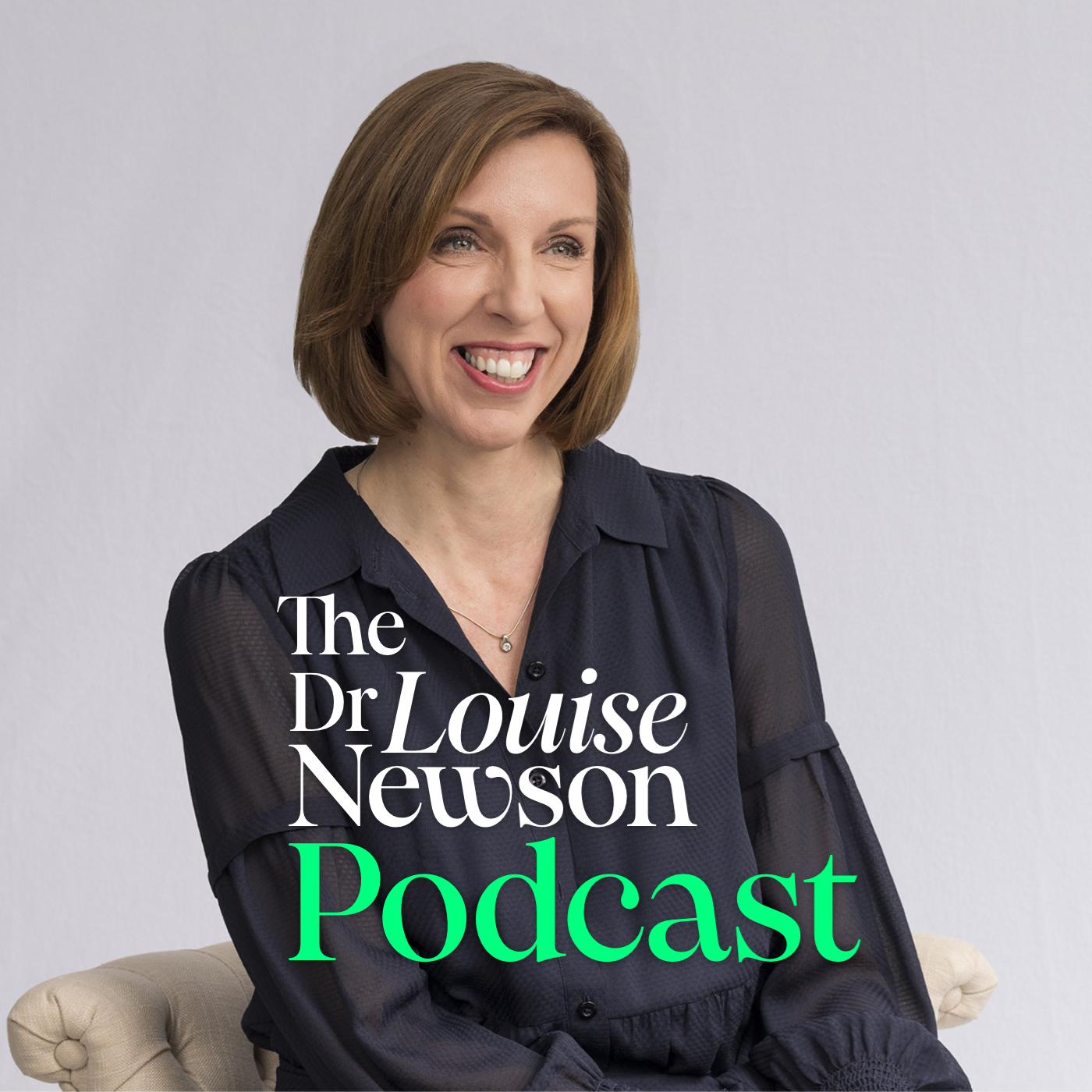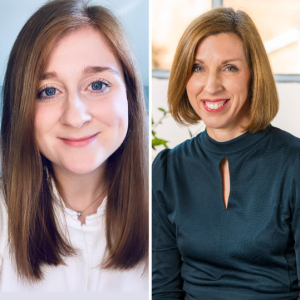
8.4M
Downloads
310
Episodes
Dr Louise Newson is an award-winning physician, respected women’s hormone specialist, educator, and author committed to increasing awareness and knowledge of perimenopause, menopause, and lifelong hormone health. Each week, Louise dives into the newest research, treatments and hot topic issues, providing accessible, evidence-based information to empower your future health. Joined by fellow experts and special guests, with answers to your burning questions, Louise explores how hormones impact every aspect of our lives. Described as the “medic who kickstarted the menopause revolution”, Louise aims to empower a generation of women to have a greater understanding, choice and control over their treatment, bodies, minds and future health through their hormones. She is the creator of the award-winning free balance app, a Sunday Times bestselling author and the founder of the Newson Health clinic. With over three decades of clinical experience, Louise is a member of the Royal College of Physicians, a Fellow of the Royal College of GPs, a Visiting Fellow at Cambridge, a regular contributor to academic journals including the Lancet and the British Journal of General Practice, and has been awarded an honorary Doctorate of Health from Bradford University. DISCLAIMER: The information provided in this podcast is for informational purposes only and is not intended as a substitute for professional medical advice, diagnosis, or treatment. Always seek the advice of your physician or other qualified health providers with any questions you may have regarding a medical condition. The views expressed by guests are their own and do not necessarily reflect the views of Dr Louise Newson or the Newson Health Group.
Episodes

Tuesday Jul 25, 2023
214 - Dry eyes and menopause: what’s the link?
Tuesday Jul 25, 2023
Tuesday Jul 25, 2023
Noticed that your eyes are feeling drier, grittier or even more watery lately? It could be dry eye syndrome.
July marks Dry Eye Awareness Month, and what you may not know is dry eyes can be a hidden symptom of menopause.
In fact, one in four of the nearly 6,000 women surveyed ahead of the release of Dr Louise’s book, the Definitive Guide to the Perimenopause and Menopause, said they experienced dry eyes during the menopause.
Joining Dr Louise on this week’s podcast is Maria McGoldrick, a clinical performance consultant for Specsavers who is based in Scotland. Maria, who is an optometrist with 13 years’ experience, gives us the lowdown on the typical symptoms of dry eyes and treatments that can help.
Maria’s top three tips to optimise your eye health:
- Have a regular eye test, ideally once every two years.
- If you suspect you may have dry eyes, make an appointment with an optometrist so this can be assessed and a treatment plan devised.
- If you are perimenopausal or menopausal and have an eye appointment coming up, mention this to your optometrist. This will help them support you and make the right treatment plan for you.

No comments yet. Be the first to say something!